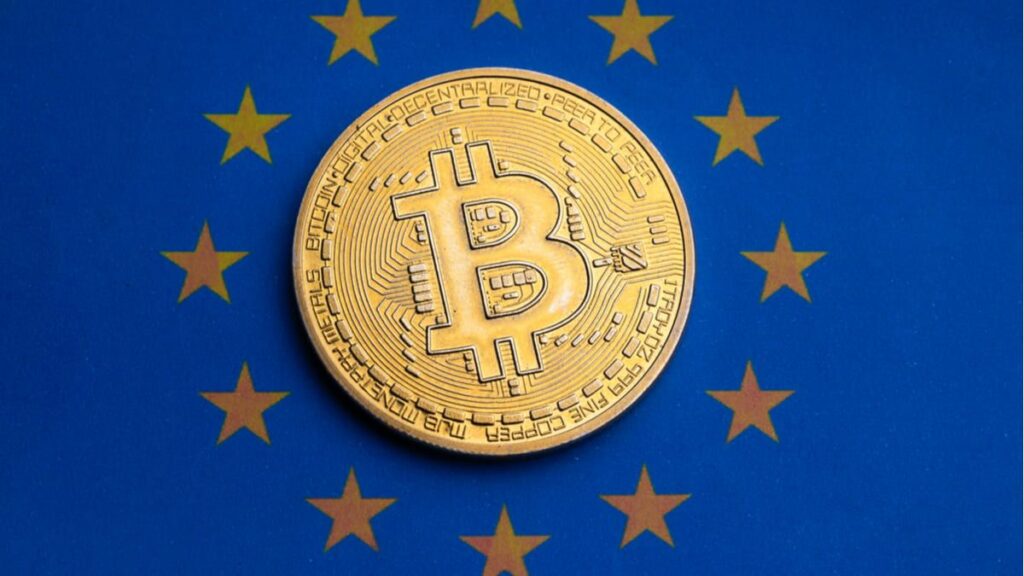TL;DR
- European Parliament member Sarah Knafo proposed rejecting the digital euro and adopting Bitcoin as a strategic reserve.
- Knafo criticized the European Central Bank for promoting CBDCs, calling them tools of totalitarian control that threaten individual freedoms.
- She highlighted the need for a paradigm shift in Europe, advocating for Bitcoin as an alternative to inflation and misguided economic policies.
European Parliament member Sarah Knafo has made an unexpected turn in the cryptocurrency debate in Europe by proposing that the European Union adopt Bitcoin as a strategic reserve and firmly reject the implementation of the digital euro, the digital currency of the European Central Bank (CBDC).
In her speech before the European Parliament, Knafo warned about the dangers posed by a centralized digital currency, accusing the ECB of promoting policies that could lead to totalitarian control over citizens’ finances.
NON à l’euro numérique ❌
OUI à une réserve nationale stratégique de BITCOIN 🔥 pic.twitter.com/o886lk9uV8
— Sarah Knafo (@knafo_sarah) December 16, 2024
Knafo emphasized that Europe needs a paradigm shift to protect its citizens from the negative effects of inflation and the misguided economic decisions of governments. According to her, adopting Bitcoin would not only serve as a safe haven from these issues but would also open the door to a truly decentralized and transparent financial system.
The parliament member was critical of Europe’s regulatory obsession, accusing authorities of stifling technological innovation while other countries advance with more freedom. As an example, she cited Bitcoin’s adoption in El Salvador and the favorable stance of the incoming United States administration, which has recognized Bitcoin as a strategic asset.

What Position Will the European Parliament Take?
In contrast, Knafo denounced that CBDCs, such as the digital euro, are a threat to individual freedoms. In her view, a system where transactions can be monitored and centrally restricted turns citizens into hostages of financial institutions. The possibility that a state entity could eliminate a person’s access to funds for arbitrary reasons, such as political opinions, is not a distant idea but a reality being forged under the pretext of digital modernization. For the European parliament member, this measure does not seek progress but rather greater bureaucratic control disguised as technological innovation.
The European Central Bank continues to evaluate the digital euro and has postponed the final decision until October 2025. However, the project continues to raise concerns about privacy and the risks of concentrating power in the hands of centralized institutions. In light of this, Knafo urged European lawmakers to reconsider their priorities and bet on Bitcoin as a symbol of financial freedom and a strategic tool to face the economic challenges of the future. The proposal presents a crucial dilemma: advance toward true decentralization or succumb to the risk of a controlled and restrictive system.










